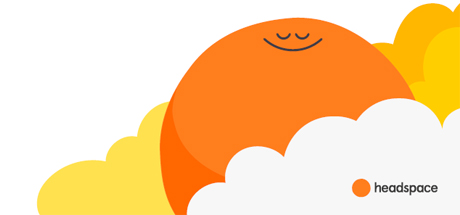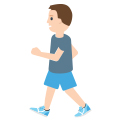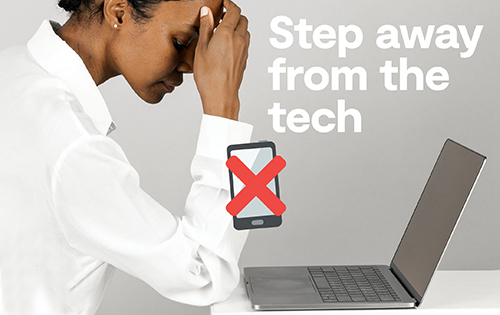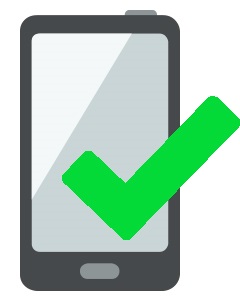If you need emergency help:
Call 999
Go to your local A&E department
From 3 minutes to 30 minutes, or even longer, its really quite easy to fit mediation into your daily routine and it's really beneficial too! Just taking a moment each day to meditate can:


If you've ever wanted to learn how to meditate, but didn't know where to start, then Headspace is a good place. With a YouTube channel full of info and a handy phone app there is lots of useful tips to get you into meditation. You can introduce it into your daily routine and have a regular meditation time or you could do it if if you are feeling stressed or just need some help getting to sleep. And best of all you can access a portion of their meditation for free!
Up to 16 million adults in the UK are suffering from sleepless nights, are you one of them? Whether it's changes to your working pattern, changing of the seasons or a stressful day it's very easy to fall out of your sleep routine but not as easy to get back into it. One of the Wellbeing Coordinators from Rochdale & District Mind shares some tips that could help you get a better sleep routine:



Vigorous exercise is best, but even light exercise is better than no activity. Exercise at any time of day, but not at the expense of your sleep.
Have a look at last week's page for some helpful workout videos you can introduce into your daily life.


Design your sleep environment to establish the best conditions for sleep. Your bedroom should be cool - between 15 and 19 degrees Celsius. It should be free from any disruptive noise and it should be free from any light. Before you go to bed check your room for noises and other distractions. This includes a bed partner's disruptions such as snoring.
Consider using blackout curtains, eyeshades, earplugs, “white noise” machines, humidifiers, fans and other devices.


Your body needs time to shift into sleep mode so spend the last hour before bed doing a calming activity such as reading. Try to avoid electronic devices as the light given off activates your brain (see our blog below on digital detoxing for some more info). Also if you are waking up during the night, still avoid these devices as they will wake you up further.
Try some of the meditation exercises above, there are ones for falling asleep and also to get you back to sleep if you have woke up during the night.

We love tech. We think it’s great, we think it serves a wonderful purpose. It enriches our lives in ways that previous generations wouldn’t have thought possible. And we very much advocate for technology and technological advancement.
When it makes life easier, safer, more fun, productive, convenient, technology is a force for good. However, there is a bit of an issue with those devices we carry in our hands all day...

Taking what we have learnt about Mindfulness during week 1, this is a quick exercise you can do to be more mindful and also take a moment away from your daily life to just breathe.
Sit or stand comfortably in a safe space, not necessarily in a quiet place, this could be done standing aside in a busy environment. Tune out the world and try to name:
Five different things you can see
Four different things you can feel
Three different things you can hear
Two different things you can smell
One thing you can taste
We know we just mentioned above that it's important to have a digital detox from time to time but for times when you are using your phone there are some really helpful (and free) apps to help you meditate, fall asleep easier and just take a moment to breathe:

Headspace - for meditation and sleep
Insight Timer - for meditation and sleep
Calm - for meditation and sleep
Sleep Cycle - for tracking and analysing sleep
Happify - activities to boost your happiness
My Possible Self - toolkits to improve your mind
If you're in a crisis and need to speak to someone:
Call NHS 111 (for when you need help but are not in immediate danger)
Contact the Samaritans - 116 123 (free to call from within the UK and Ireland), 24 hours a day or email: jo@samaritans.org
Contact the Shout crisis text line - Text SHOUT to 85258
Call the Mind Infoline (Mon - Fri 9am -6pm) - Call 0300 123 3393 or text 86463
Contact your GP and ask for an emergency appointment
Call 999
Go to your local A&E department
